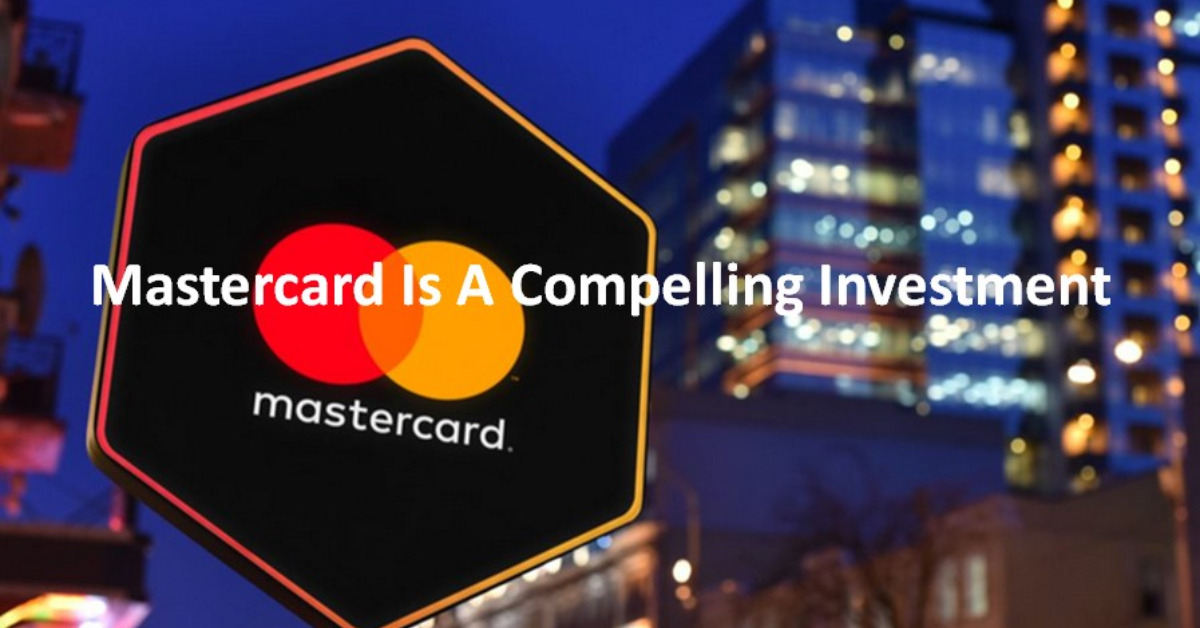
My Mastercard Is A Compelling Investment guest post at Dividend Power touches upon why it, and Visa (V), are my two largest holdings.
While both Mastercard (MA) and V have been mandated by various jurisdictions to cap their interchange fees, I do not consider this as a reason to sour on either company; interchange fees are transaction fees a merchant must pay whenever a customer uses a credit/debit card to make a purchase. The fees are paid to the card-issuing bank to cover handling costs, fraud and bad debt costs and the risk involved in approving the payment.
Interchange fees have long irritated merchants because they allow the credit card company to keep a percentage of every sale as opposed to levying a flat fee for each transaction.
In Canada, the federal government recently announced new details of an agreement with MA and V that will see them lower the amount charged to retailers when a customer pays for a purchase with a credit card. On average, the two card companies will reduce interchange fees for in-store transactions to 0.95%. This means that on a $100 purchase, the retailer will get at least $99 when payment is made with a credit card. Before this agreement, merchants would have kept as little as $97 in some cases.
The Canadian Federal government claims that, on average, the negotiated agreement will reduce a merchant’s typical fee by ~27%. They go on to claim that the fee reductions are expected to save retailers about $1B CDN over 5 years.
Many other jurisdictions, including the European Union, the United Kingdom, Israel, Australia, China and Malaysia, have already capped interchange fees at well under 1%. In Canada, however, some cards can charge up to 3%; V claims the average interchange fee for a Canadian Visa credit card is 1.4%.
In addition, up until the Fall of 2022, merchants were forbidden from passing on interchange fees to consumers. However, a class action lawsuit over this matter saw an agreement whereby the credit card giants refunded Canadian merchants hundreds of millions of dollars for what they charged in interchange fees over the years. In addition, part of the settlement allowed retailers to start adding a surcharge to customer bills to cover the fee.
Despite the changes, both credit card giants continue to be extremely profitable.
I consider MA to be a good long-term investment and periodically add to my exposure when I consider shares to be attractively valued.
I wish you much success on your journey to financial freedom!
Note: Please send any feedback, corrections, or questions to finfreejourney@gmail.com.
Disclosure: I am long MA and V.
Disclaimer: I do not know your circumstances and do not provide individualized advice or recommendations. I encourage you to make investment decisions by conducting your research and due diligence. Consult your financial advisor about your specific situation.
I wrote this article myself and it expresses my own opinions. I do not receive compensation for it and have no business relationship with any company mentioned in this article.

